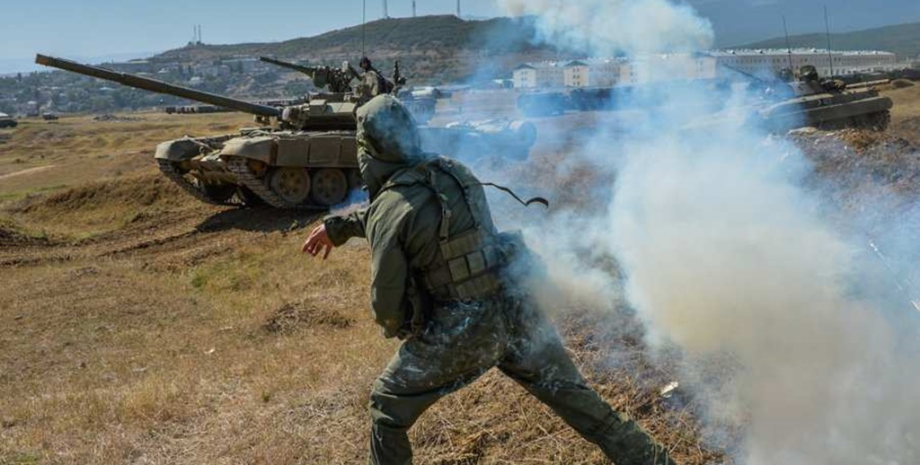
"For the 2 months of Kursk, Russian occupation troops have launched actions similar to the fact that it can be called a counter -offensive. In fact, increasing the Kursk group to more than 35 thousand bodies, the command of the year decided that this number would be enough for displacement of the Armed Forces," Kovalenko said. He noted that the Armed Forces of the Russian Federation began a movement in the area of settlements of Apanasivka-Snagsti, Zhuravli-Kalinov, Pogrebki and Tags.
So they operate from four directions. Thus, the Armed Forces of the Russian Federation are coming in the area of Apanasivka-Snagsta-to thaw Glushkivskyi district and to return control over the Root-Troitske road. In the direction of Crane-Kalinov, the Russians want to advance to restore control over the logistics of the root-saaphonivka with further simplification of logistics by the Northern Front.
Also, the Armed Forces of the Russian Federation intends to go to the cellars and go to the road to Lev-Sudzha and get to the judge itself from the north and return the tags and close the Southeastern Sector of control of the Sou on the Psel River.
In the Kursk region, more than 10 units of the Armed Forces of the Russian Federation were involved: Alexander Kovalenko noted that the command of the Russian Federation gave good to the active use of mechanized components and act with the support of equipment, but with limited use of artillery. "In general, there is now a quantitative advantage in the area, but it has always been, in turn, the limited use of artillery and reducing kabaky.










All rights reserved IN-Ukraine.info - 2022